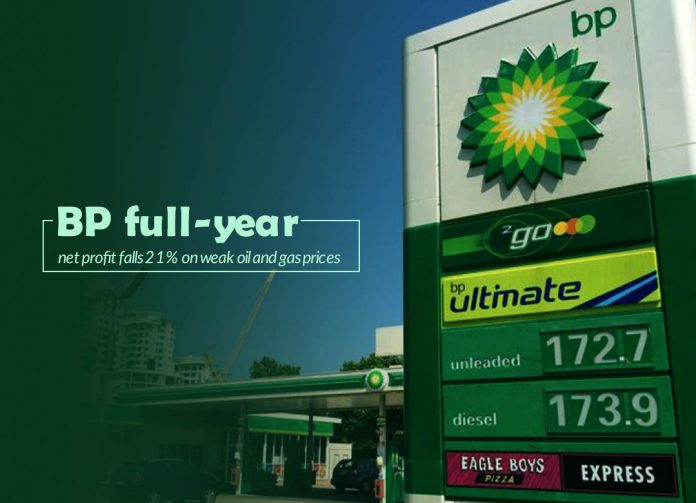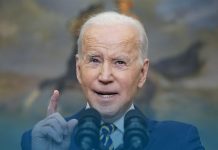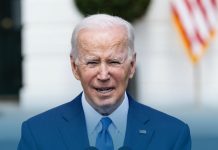On Tuesday, BP, the United Kingdom-based oil and gas firm reported a more-than-expected yearly net profit, beating the expectations of analyst regardless of lower oil and gas prices. The energy giant posted yearly primary replacement cost profit, used as a substitution for a net profit of $10 billion in 2019. Whereas, while comparing it with $12.7 billion 2018’s annual net profit, reflecting a fall of 21% year-on-year.
According to statistics from Refinitiv, analyst forecasted yearly net profit to come in at around $9.7 billion in 2019. Chief Executive of BP, Bob Dudley states that its company is performing fine, with continuous strategic development, strong cash delivery, and safe & reliable operations. He also says that after giving his services for nearly a decade, this is his last quarter for BP as CEO.
During this time, their company achieve a huge amount, and now he is happy as well as proud to be passing on a stronger and safer BP to Bernard Looney and his team. Moreover, Dudley says by adding that he is hopeful that under new leadership, BP will continue to steer the quickly-changing energy landscape successfully.
Bernard runs the upstream business of BP since April 2016 and also a member of the executive management team of the company since November 2010. Now, Bernard ready to take the gearstick of the company from the outgoing CEO. Dudley announced on 4th February 2020 to step down as chief executive, after staying on the position for almost ten years. He is 64 and has plans to step down on 31st March, consequently bringing an end to his forty-year career with the energy giant.

Key Highlights of full-year Profit
- Basic replacement cost profit for 2019 4th quarter and full-year was $2.6 billion and $10 billion respectively, compared to 2018 $3.5 billion and $12.7 billion for the same period.
- Oil spill payments of Gulf of Mexico for the 2019 year add up to $2.4 billion on a post-tax basis and are likely to be below $1 billion in 2020.
- A dividend of 10.5 cents each share announced for the quarter, an upsurge of 2.4% on one year earlier.
The full-year results of BP follow unsatisfactory earnings from oil & gas firms on Atlantic both sides. Energy giant of Anglo-Dutch, Royal Dutch Shell reported a noteworthy drop in yearly net profit previous week, whereas, the United States rivals Exxon Mobil and Chevron both missed the expectations of the analyst on Friday. Total of France arranged to report its newest quarterly earnings on 6th February.
All roads lead to the decision of OPEC
On Tuesday morning, Brent crude traded at about $54.88, up over 0.8%, whereas WTI (West Texas Intermediate) of the United States stood at around $50.63, about one percent higher. Both benchmarks of crude dropped approximately twenty percent since mounting to a peak in early January 2020, drew lesser by demand concern in China after the outbreak of coronavirus.
On Tuesday, BP’s Chief Financial Officer, Brian Gilvary told CNBC that the 2019 coronavirus outbreak could wipe out as greater as three lakhs to five lakhs barrels per day of oil demand in 2020. Formerly, IEA (the International Energy Agency) said that it forecasted oil demand to rise by about 1.2 million barrels per day this year, so a drop of up to five lacs barrels per day would leave healthy growth of demand at seven lacs to eight lacs barrels per day, Gilvary added.
Furthermore, he said that according to him, in terms of all roads will then lead to what OPEC will do regarding trying to rebalance the system to move back to something about $60 to $65 per barrel. Monday, two sources of OPEC as well as another industry source familiar with the matter told Reuters that OPEC along with its partners considering to cut their output of oil by an additional five lac barrels per day.
One of the sources of OPEC said that at present, a ministerial meeting planned for early March might carry forward to February-mid, with 14th or 15th February plugged as possible dates.
Read Also: OPEC along with its partners settled to expand oil production cuts








